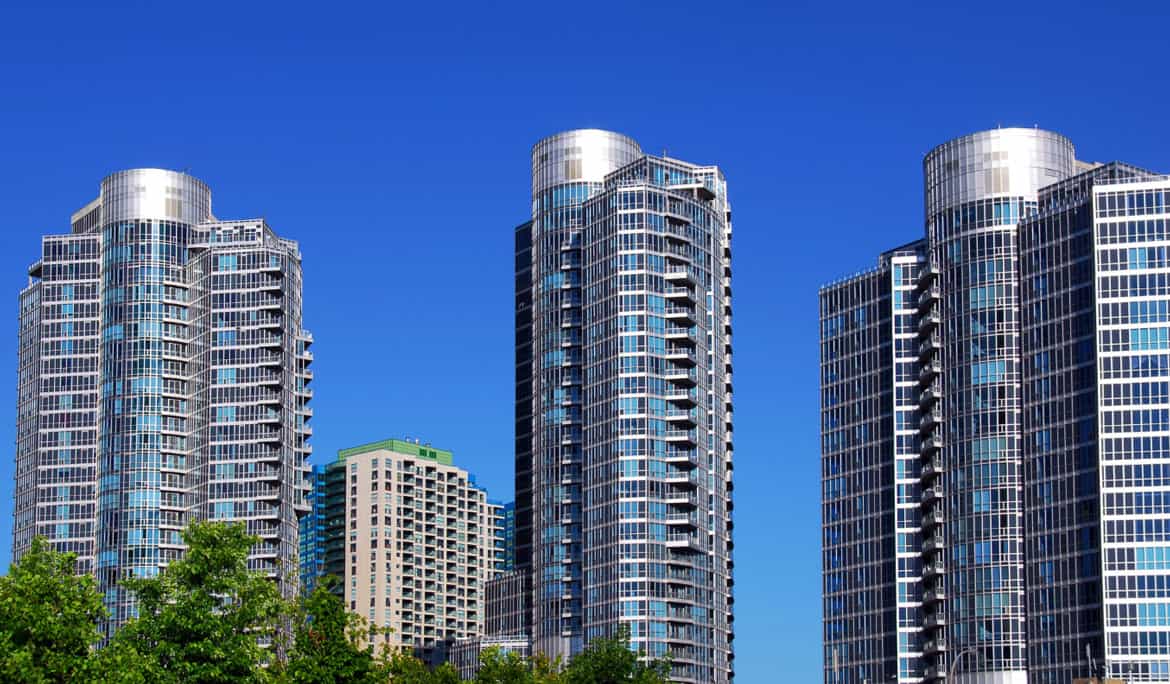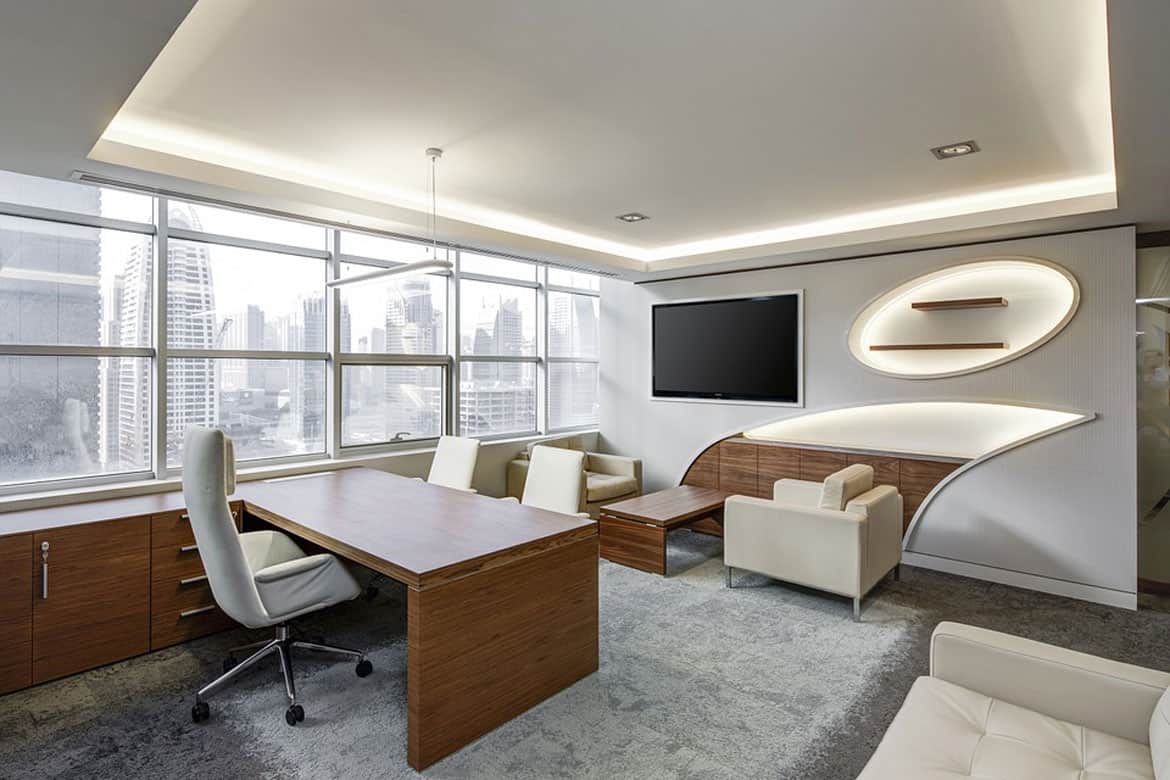Casinos face a major challenge with air quality and energy inefficiency risks, notably in terms of electricity and water consumption.
Failing to address these issues from the onset -- i.e., at the building design stage -- will leave you with a casino that’ll dissatisfy patrons and owners alike.
In fact, this is one reason driving many existing and forthcoming casinos to embrace industry sustainability standards, such as LEED (Leadership in Energy and Environment Design).
In this post, we discuss 6 critical casino design requirements to help casinos rein in costs and achieve strong patron traffic and revenue.
The List of Essential Casino Design Requirements
Achieve Energy Efficiency
This is both, a sustainability and life-cycle cost issue.
Your casino must cater to this by effectively leveraging low-energy lighting technologies, such as LED. You can also look at incorporating natural sunlight into the building’s design to enable the owners to reduce their electricity consumption.
Maintain Good Indoor Air Quality
The indoor air quality (IAQ) challenge with casinos is two-fold:
- First, you have lots of patrons and workers in the facility;
- Second, you have elements that contaminate the indoor air and harm IAQ, e.g., smoking and volatile organic compounds (VOC).
As you might imagine, good IAQ plays a critical role in delivering a pleasing experience for the patron. In fact, upwards of 50 million American casino patrons are actually non-smoking, and in addition to that, casinos employ 400,000 non-smoking staff to deliver the experience. Moreover, LEED awards certification points for good IAQ and mandates tobacco smoke control.
As such, you must design the casino to promote air ventilation and filtration. But this is not a simple task.
For example, many casino owners require private rooms and other isolated areas. In turn, you might find that these areas are not linkable to the ductwork system, which makes delivering air to those areas difficult.
One way to solve the air distribution problem is to deliver HVAC via an underfloor air distribution (UFAD) system, which we discuss in detail in the following section.
Install Heating, Ventilation & Air Conditioning (HVAC)
The casino’s HVAC system ties into its energy efficiency and IAQ requirements. In other words, you can make strong improvements in both by designing an optimal HVAC system. As noted above, an effective way to do so is to incorporate UFAD & raised access floors in casinos.
A UFAD-based HVAC system delivers air from the floor, i.e., the area closest to the occupant.
Not only does the occupant feel more comfortable, but this method of air distribution also saves energy. Because hot air moves up, having the diffuser at ground level allows you to use simple physics to deliver the airflow (rather than working against it by trying to force heated air down).
The second advantage of raised access floors is that they’re easier to support by removing the need for ladders, as is the case with overhead compartments.
It also enables the casino to put electrical wiring, fibre-optic cables, and plumbing under the floor, thereby opening up space at floor-level to improve the flow of people and boost visual/aesthetic appeal.
Finally, you should have an easier time delivering HVAC to private or isolated areas using raised access floors and UFAD. As long as the private gaming areas are linked to raised access floors, you should be able to deliver complete HVAC coverage.
See How Efficient HVAC Systems Boost Profit
Design for Accessibility
The term ‘accessibility’ is loaded as it refers to many things, including:
- The ease at which patrons can reach the casino by road, public transport, etc, from cities, airports, resorts, and other key locations.
- The casino’s ability to cater to patrons with disabilities.
Overall, the idea is to guarantee that patrons can reach the location and stay there for as long a time as possible. However, the details will vary based on the specific requirements of the casino in question, you must account for these right from the start.
Achieve Water Efficiency
According to the Southern Nevada Water Authority, the Las Vegas Strip consumes 3-4% of the area’s total water.
To achieve LEED certification (and reduce operating costs), reduced water consumption will be a key design requirement for many casinos.
It should be noted that installing an efficient HVAC system will go a long way in achieving better water efficiency levels. Returning to the UFAD example above; when the air diffuser is closest to the occupant, your chillers and pump will not need to run as much -- i.e., you’ll cut water usage.
Use Sustainable Building Materials
In addition to being a prerequisite for LEED, your choice of building materials could also impact the energy efficiency of the casino. For example, some materials could do better than others at retaining cool or hot air, thereby lowering HVAC usage (and in turn, electricity and water usage).
For More Casino & Other Commercial Design Tips:
- 3 Ways to Improve Air Quality as a Casino
- What is the Proper Tons Per Square Foot for Commercial HVAC Systems?
- How to Estimate the Cost of an HVAC System for New Construction Projects
This overview is only a cursory glance at some of the challenges facing casinos. In fact, the IAQ and HVAC element alone requires specialized expertise and experience in order to achieve the energy efficiency and patron satisfaction levels casino owners want.
For more information (and for help planning your casino design project), don’t hesitate to reach out to AirFixture’s expert sales engineers.
You can get a head start in designing your casino (or any other building) HVAC system by leveraging AirFixture’s experience of installing 80 million SqFt in projects globally. We’ll assist you in securing the winning bid and in delivering on time and in the budget. Contact us today.

7 High Rise Building Design Considerations
Be it due to different use cases, a myriad of local regulations, and the emergence of industry standards (such as LEED), the ‘standard’ for high rise...

8 Expert Tips for Casino Architecture Design
Casinos rely on their patrons to drive revenue, but it wouldn’t be accurate to restrict the revenue generating potential to just their core business....
